 The Boy Travelers - Japan and China
The Boy Travelers
The Boy Travelers - Japan and China
The Boy Travelers

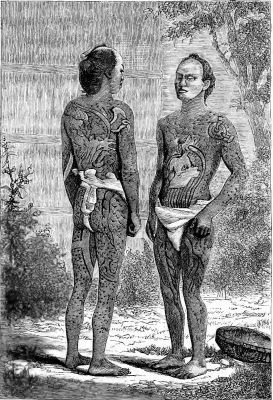
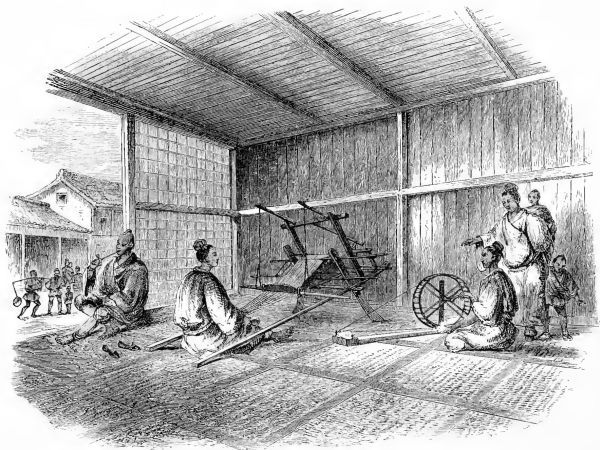
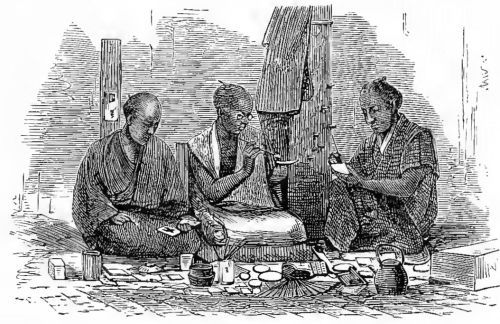
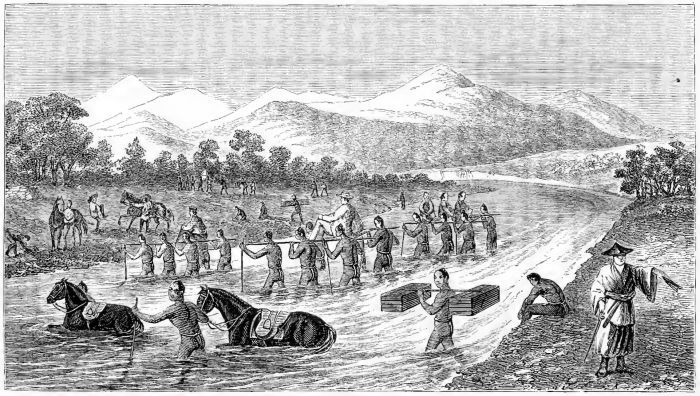
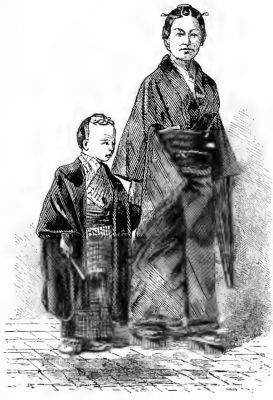
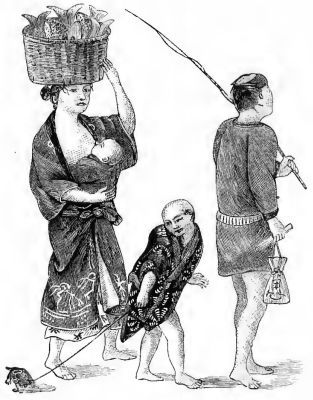

 The Boy Travelers - Japan and China
The Boy Travelers
The Boy Travelers - Japan and China
The Boy Travelers

Study the chapter for one week.
Over the week:
Activity 1: Narrate the Chapter
Activity 2: Study the Chapter Pictures
Activity 3: Observe the Modern Equivalent
Examine the chapter settings in modern times:
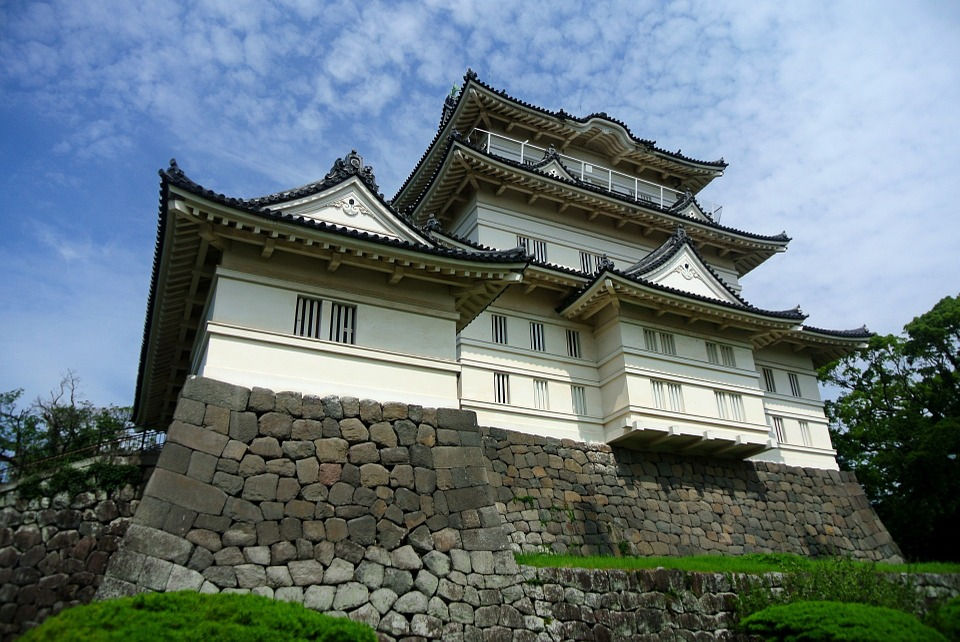
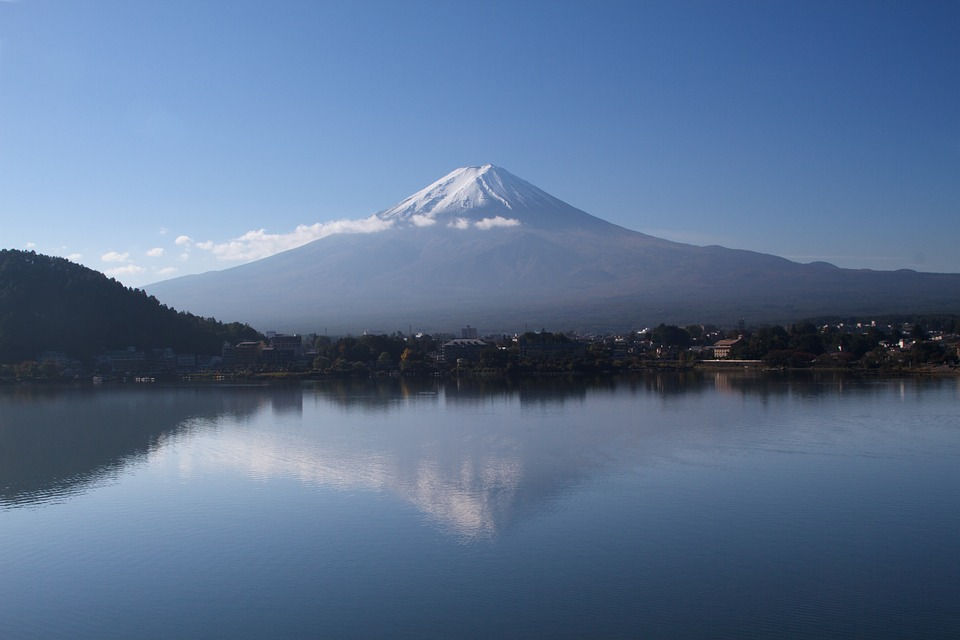
Activity 4: Map the Chapter


Activity 5: Map the Chapter on a Globe
Activity 6: Practice Japanese Sayings